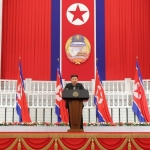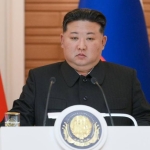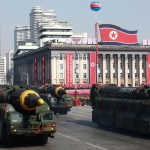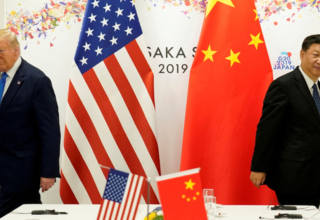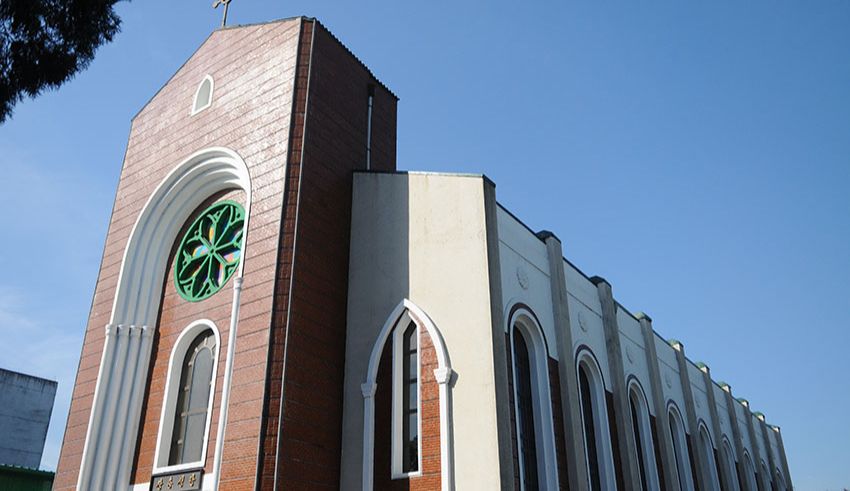
Trying to serve North Koreans, foreign relief workers and missionaries have encountered major obstacles over the past seven years. For individuals employed by Christian nonprofits or humanitarian organizations, the circumstances have become more challenging. The United States has restricted its people since 2017, forbade travel to North Korea without certain authorization. These steps have practically stopped US-based activities in the area. Nearly all foreigners—including those stationed close to the North Korean border in China—were compelled to depart after the COVID-19 epidemic erupted in 2020. These challenges have been exacerbated by North Korean borders’ continuous closing starting in 2020.
Effect on Humanitarian Employment
These obstacles have greatly changed the way Christian organizations run in North Korea. Particularly for those trying to help its persecuted Christian population, the nation, formally known as the Democratic People’s Republic of Korea (DPRK), has long been one of the most remote and challenging places to work. North Korea has scored highest on Open Doors’ World Watch List as the most dangerous nation for Christians during the previous two decades. Organizations are finding it difficult to keep relationships and carry on their operations without a clear schedule for when the borders will reopen entirely.
Although North Korea has somewhat eased travel restrictions—resuming flights to China and Russia, for example—access is still restricted. Chinese visitors will be permitted to visit some parts of the nation, including Samjiyon later this year, but most of North Korea—including the capital, Pyongyang—is still off-limits. Concurrent with this modest change in mobility, the number of North Korean defectors resettling in South Korea is gradually rising following a low during the epidemic.
Notes from Leading Christians
Several leaders and specialists from Christian organizations offered their opinions on the chances and difficulties of working in North Korea now among these obstacles.
Heidi Linton, Executive Director Christian Friends of Korea (CFK)
Leading Christian Friends of Korea, a US-based group providing care clinics for tuberculosis and hepatitis in North Korea, Heidi Linton expressed her worries. For many on the ground, the situation remains dire even with the borders somewhat opening once more. Linton clarified that just a small number of foreign guests are let into the nation and thus far Western embassy staff, UN officials, and nonprofit employees have not been invited back. Given the urgent humanitarian needs in North Korea, including flooding, food shortages, and new health challenges, the continuous uncertainty—which has lasted almost five years—is alarming. Still, Linton voiced hope, pointing out recent US laws that would eventually free greater areas for humanitarian activities.
Jamie Kim, Reah International CEO
Reah International CEO Jamie Kim expressed worries over Christian interaction with North Korea with a China-based perspective. Maintaining a presence in China is becoming more challenging for people engaged in North Korea employment given the political environment of the nation, which stresses the need of foreigners contributing to Chinese civilization. Kim, however, is still hopeful about future involvement particularly as the worldwide church gets ready for North Korea’s final reopening. She thinks that when the borders open, cooperation among world church leaders—especially those from South Korea, the US, and Canada—helps guarantee a more efficient approach.
Kim Sungeun, Caleb Missions Founder
Founder of Caleb Mission Kim Sungeun underlined the need of bettering communication among companies helping North Korean defectors. He voiced worries about the lack of cooperation among several groups, which would cause some defectors to get double aid while others are left without any support. Kim advised building a safe channel of communication whereby these companies may cooperate and exchange data. He also underlined the spiritual requirements of North Korean defectors, many of whom experience shame and trauma upon leaving their homeland. For Kim, leading these people toward spiritual freedom via the gospel is equally vital as attending to their practical needs.
Keep Reading
Joy Yoon, IGNIS Community Coordinator
Joy Yoon, whose non-profit helps North Korean children with developmental problems, expressed her hopes of going back to her native nation following travel restrictions forcing her departure in 2017. Reconnecting with her North Korean colleagues and carrying on the work her company had begun prior to the epidemic thrill Yoon. Their primary projects are to construct a spine rehabilitation clinic and increase children with disabilities’ access to medical treatment all around North Korea For Yoon, Isaiah 43:19 is a guiding verse that represents the fresh chances that might present in this demanding environment.
Ben Torrey, Fourth River Project Director
Director of the Fourth River Project, which prepares individuals for mission service in North Korea, Ben Torrey provided observations on how the evolving terrain is impacting South Korean churches and organizations. Many organizations have found decreased activity since less North Korean defectors are arriving in South Korea. Torrey is still hopeful, though, stressing how overseas students are getting ready to serve in North Korea. Many of these students come from countries where the North is more easily accessible, hence they are learning Korean language and culture. They have lately started sharing their experiences and calling with South Korean churches, therefore encouraging a fresh enthusiasm for Christian engagement in North Korea.
Future View
Since foreign engagement in North Korea is still constrained, Christian groups keep changing to fit the new reality. These organizations’ relentless faith and hope are shown by their dedication to assisting the North Korean people despite all the difficulties they encounter. Though the road ahead is unknown, there is increasing hope as borders gradually reopen and the world church gets ready for next possibilities.
